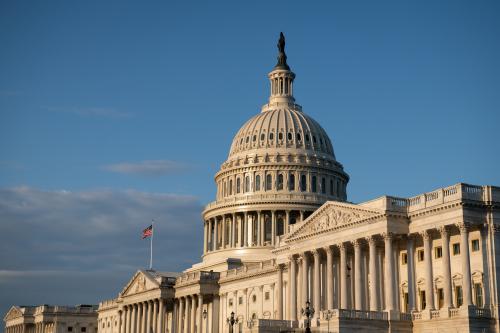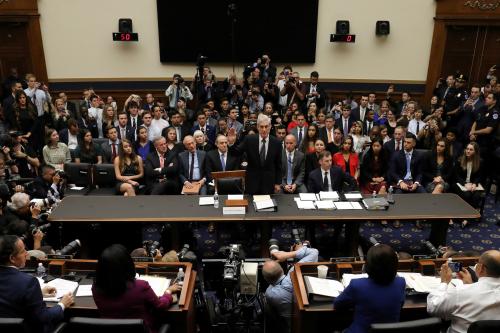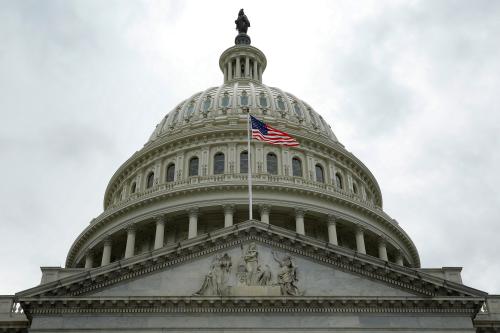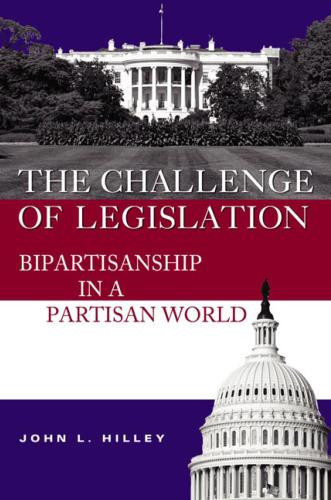To end the government shutdown, the Democrats should give Trump what he wants—$5 billion for the wall—and insist in return on what the country needs: complete protection of the Mueller investigation and the full public disclosure of its report.
President Trump’s shutdown is nothing more than a shiny bauble to distract the American public from the real threat to the president’s future—Special Counsel Mueller’s investigation and his forthcoming report. The president has insisted that he will not agree to reopen parts of the federal government, even those agencies whose functions have nothing to do with border security, unless Congress appropriates $5.7 billion to start fulfilling his most well-known campaign promise to create a wall on the Mexican border. Even as this idea has morphed from Mexico paying for the wall to U.S. taxpayers picking up the tab, and from a concrete barrier to a set of steel slats, Trump has continued to insist his presidency depends on its construction.
There is a simple way to get past Trump’s latest PR stunt and end the government shutdown at the same time.
The House Democrats should pass all the remaining appropriations bills that have passed both the House and the Senate at least once already—but with just a few amendments. The first change would be to add up to $5.7 billion for construction of an effective barrier on the southern border as Trump has insisted upon. The second set of changes would be to insert and amend the current bipartisan Senate bill designed to protect Robert Mueller’s investigation and his ultimate report.
In addition to that bill’s current provisions, Democrats should incorporate most of the answers Attorney General nominee William Barr gave to Senator Feinstein at the opening of his confirmation hearing and give them the force of law concerning how the Attorney General should interact with the Special Counsel. The second amendment would override Barr’s answer on how the report would be made public by requiring Mueller’s report, not the Attorney General’s edited version of it, to be given in its entirety to the so-called Intel Gang of Eight and a properly redacted version to every other member of Congress. These changes would assure the public that they need not just trust in the character of Mr. Barr, but in the constitutional oversight powers of the Congress, to assure that the results of a full and complete investigation are made public.
Then it would be up to the Senate to join their House counterparts and put these bills on the president’s desk for his signature. What possible objection could Trump offer to this legislation? Since he insists there has been no collusion and that Mueller will find nothing of the kind when his investigation is complete, he can’t possibly object to having the report exonerating him from being published in its totality. And because the current special counsel legislation has been determined to be a constitutionally sound exercise in establishing its operations, the amendments shouldn’t face any successful legal challenge either.
Of course, adding money for the wall will be a hard pill for many Democrats to swallow. Legislative language that makes it clear it is not a literal concrete wall and provides for some continuing review of its effectiveness could help mitigate those concerns. But ultimately, Democrats should pay more attention to the long game that needs to be played here on behalf of the future of our democracy and to the need to end the suffering of hundreds of thousands of federal workers who have become the innocent victims of Trump’s vanity. A wall may well prove to be a $5 billion waste of money, but it is a small price to pay to finally expose the real threat to our country’s security that currently inhabits the Oval Office.
Morley Winograd served as Senior Policy Advisor to Vice-President Gore in the second term of the Clinton administration.
The Brookings Institution is committed to quality, independence, and impact.
We are supported by a diverse array of funders. In line with our values and policies, each Brookings publication represents the sole views of its author(s).











Commentary
Calling Trump’s bluff: The deal Democrats should offer to end the shutdown
January 17, 2019